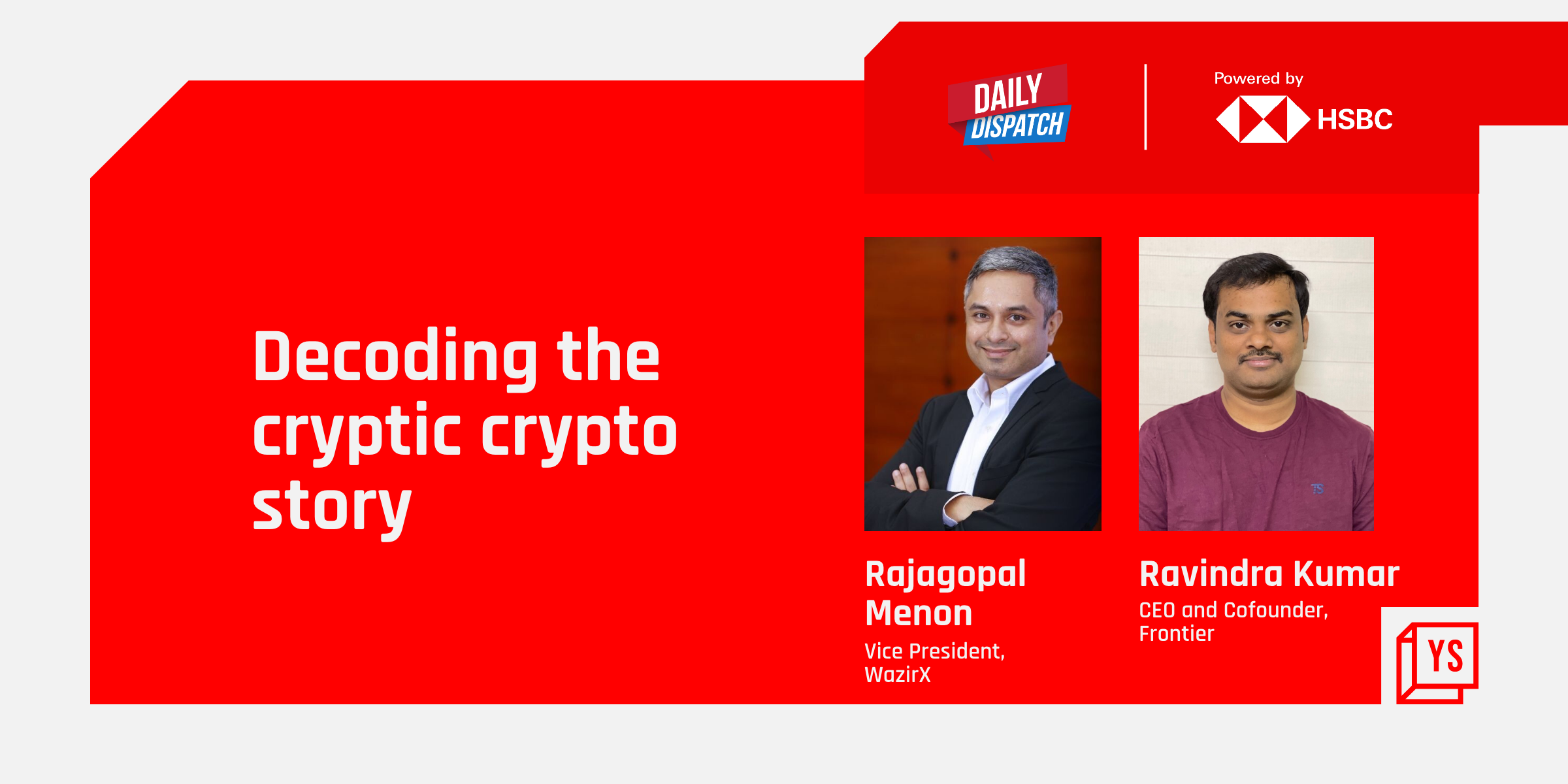Rural Marketing Congress Day 1: Breakthrough strategies to rural India
Wednesday December 08, 2010 , 4 min Read
This is a guest post from Namit Agarwal, Communications Manager in Samhita Social Ventures.
Capturing the rural market and serving the Bottom of the Pyramid (BoP) is high on priority for most Indian companies now. A paradigm shift in the market has put rural India on every company’s marketing roadmap. Every company wants to go rural but for many, it is an unknown territory.
The Ideas Exchange has designed The Rural Marketing Congress, a platform to share knowledge and facilitate networking to help address challenges.
Day 1 of this two day event saw a power packed session where seasoned rural marketing practitioners shared their experience.
“Rural marketing is all about understanding the consumer,” said Deepak Saksena of Hindustan Unilever. HUL has been pioneers in the Indian rural marketing space with the success of Shakthi Amma model. “Rural marketing in most cases is about bringing a behavioural change,” said Deepak. “There are major infrastructural and emotional barriers to overcome,” he added.
Mandeep Singh, Managing Director of d.Light Design India said, “rural marketing is not a low hanging fruit.” D.light is the manufacturer of the world’s most cost effective solar lanterns.
“People from different facets of the industry are looking at the rural market from different angles. The rural consumer takes time to make the buying decision, especially when it comes to consumer durables. Try and buy or a seed and sell model has worked for us,” Mandeep said. “Engaging with the consumers is the key to a successful rural marketing strategy,” he added.
Rahul Sharma, Head – Centre for Rural Information & Insights, Mahindra & Mahindra shared his insights and the company’s experience in successfully selling Mahindra tractor and farm equipments to the rural consumers. “The rural retail market has a potential of about 140,000 crores,” he said.
“There is an increasing potential for high value consumer durable products in the rural market,” Sharma said. “The rural consumer is aware and there is an increased demand for high quality products,” he added.
V N Saroja, CEO, Indian Agribusiness Systems and Amit Mehra, Founder & Managing Director, Reuters Market Light offer knowledge driven services on the internet and mobile platform.
Saroja expressed her challenges to deliver services on a platform that has a great potential but limited penetration in the rural market.
Amit spoke about his innovative model of delivering real time agricultural data on farmers’ mobile phones. “Some farmers are not ready to use SMS based services because they are not comfortable with it,” he said.
Gaurav Gupta, Regional Director, Dalberg Global Development Advisors answered the 1000 crore question for marketers today – “To franchise or not to franchise.” He cited several examples of franchisee models successfully implemented in several parts of the world.
Anu Valli, Head of Rural Energy Network Enterprise, IFMR Ventures explained the banker’s perspective when it comes to financing products for the rural market. “Product focussed finance brings in reputation risk for the financer,” Anu said. She presented a model for financing products for distribution in rural markets and pointed out the tactics to avoid.
Atul Joshi from Envirofit, Anuj Sharma, COO, Piramal Water and Prema Gopalan, Director, Swayam Shikshan Prayog debated on the need and the definition for the ‘rural entrepreneur’. Prema spoke about Sakhi Retail a SHG model that helps brands reach the last mile consumer. She expressed the need for the corporate sector to invest and de-risk the rural entrepreneur.
Anuj explained how the micro franchising model has worked Piramal Water’s Sarvajal that provides technology for clean RO and UV processed drinking water for as less as 3 paise/litre.
The need and the definition of a rural entrepreneur differ depending on the size of the company, the product and the approach. There lies a huge potential in India’s hinterlands. But turning the potential into reality is not going to be an easy task.










